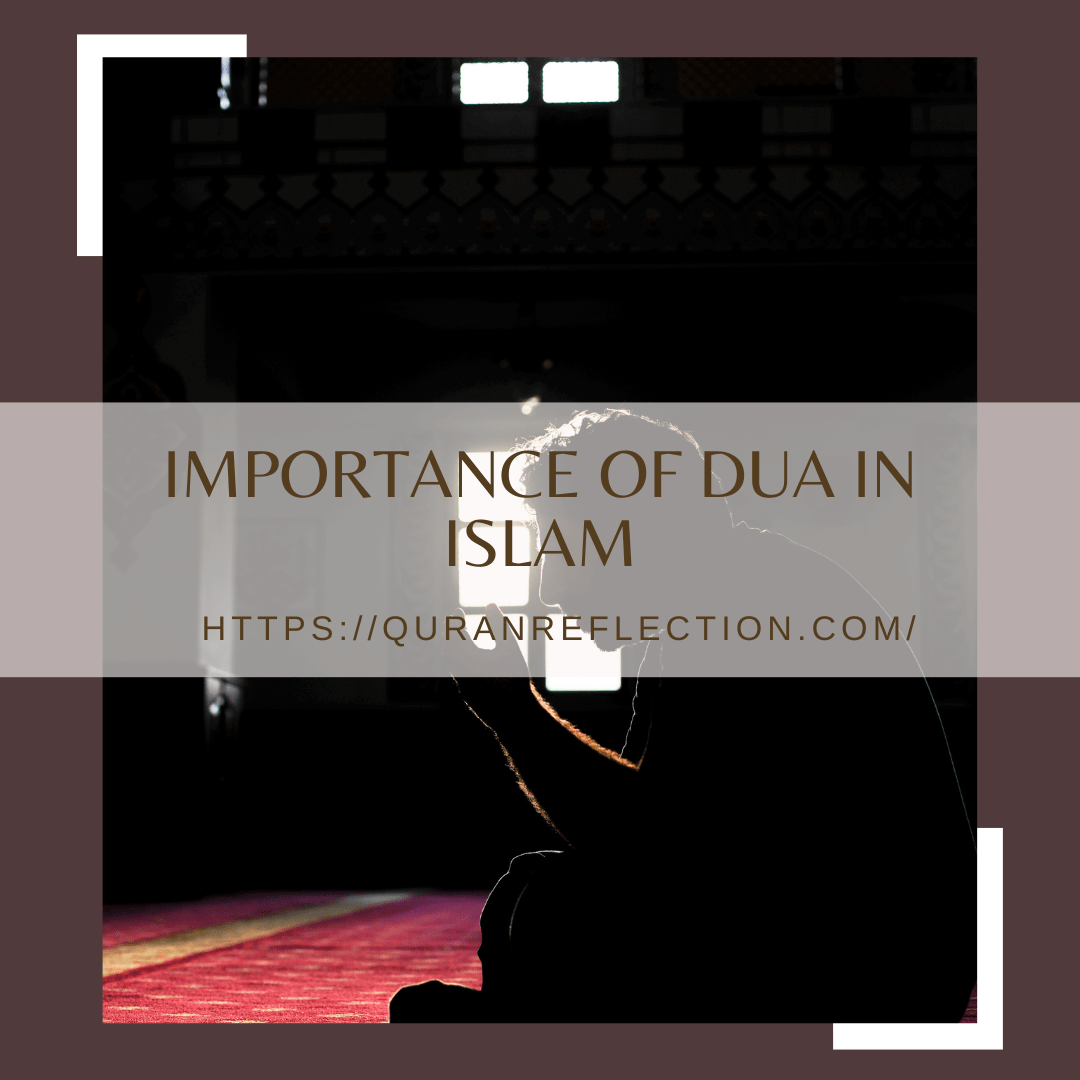Importance Of Dua In Islam
Dua is an integral part of Islamic worship that involves supplicating Allah (SWT) for guidance, blessings, and forgiveness. It is an act of worship that holds great significance in the Islamic faith, and Muslims are encouraged to make Dua on a daily basis. In this article, we’ll explore the importance of Dua in Islam, its benefits, and some common questions related to it.

The Importance of Dua in Islam:
Dua is an essential part of Islamic worship that strengthens the relationship between Allah (SWT) and the believer. It is a means of seeking Allah’s blessings, mercy, and forgiveness and expressing gratitude for His blessings. Muslims believe that Dua is a way of connecting with Allah and seeking His guidance and assistance in all matters, both worldly and spiritual.
The Prophet Muhammad (PBUH) emphasized the importance of Dua and encouraged his followers to make it a regular practice. He said: “Dua is the essence of worship” (Tirmidhi) and “Nothing averts the decree except Dua” (Tirmidhi). Muslims are taught that Allah (SWT) is always ready to respond to their prayers and that making Dua is an act of faith and submission to His will.
Benefits of Dua in Islam:
Dua has numerous benefits for Muslims, both in this life and the hereafter. Here are some of the benefits of Dua in Islam:
- Strengthening the relationship with Allah (SWT): Dua is a means of communicating with Allah and seeking His guidance and assistance in all matters. Regularly making Dua strengthens the relationship between the believer and Allah and increases their faith and reliance on Him.
- Seeking forgiveness: Dua is a means of seeking Allah’s forgiveness and repenting for one’s sins. Muslims believe that Allah is always ready to forgive those who sincerely repent and turn to Him.
- Finding inner peace and contentment: Dua can provide a sense of comfort and solace during difficult times and help a person find inner peace and contentment.
- Protection from evil: Dua can be a means of seeking Allah’s protection from evil and harm, both physical and spiritual.
- Obtaining blessings and guidance: Dua is a means of seeking Allah’s blessings and guidance in all matters, both worldly and spiritual. Muslims believe that Allah is the ultimate provider and sustainer and that making Dua can help them obtain His blessings and guidance.
Conclusion:
Dua is an essential part of Islamic worship that strengthens the relationship between the believer and Allah (SWT). It is a means of seeking Allah’s blessings, mercy, and forgiveness, expressing gratitude for His blessings, and finding inner peace and contentment. Muslims are encouraged to make Dua regularly and to trust Allah’s mercy and guidance.
FAQ:
Q: Can anyone make Dua in Islam?
A: Yes, anyone can make Dua in Islam. It is not limited to a specific group or class of people, and anyone can call upon Allah (SWT) for help and guidance.
Q: Are there any specific times when Dua is more effective in Islam?
A: There are several times when Dua is considered more effective in Islam, such as during the last third of the night, after the obligatory prayers, during the month of Ramadan, and on Friday afternoons.
Q: Can making Dua change one’s fate in Islam?
A: Muslims believe that Allah (SWT) is the ultimate controller of fate and destiny. However, making Dua can change one’s attitude toward their fate and help










